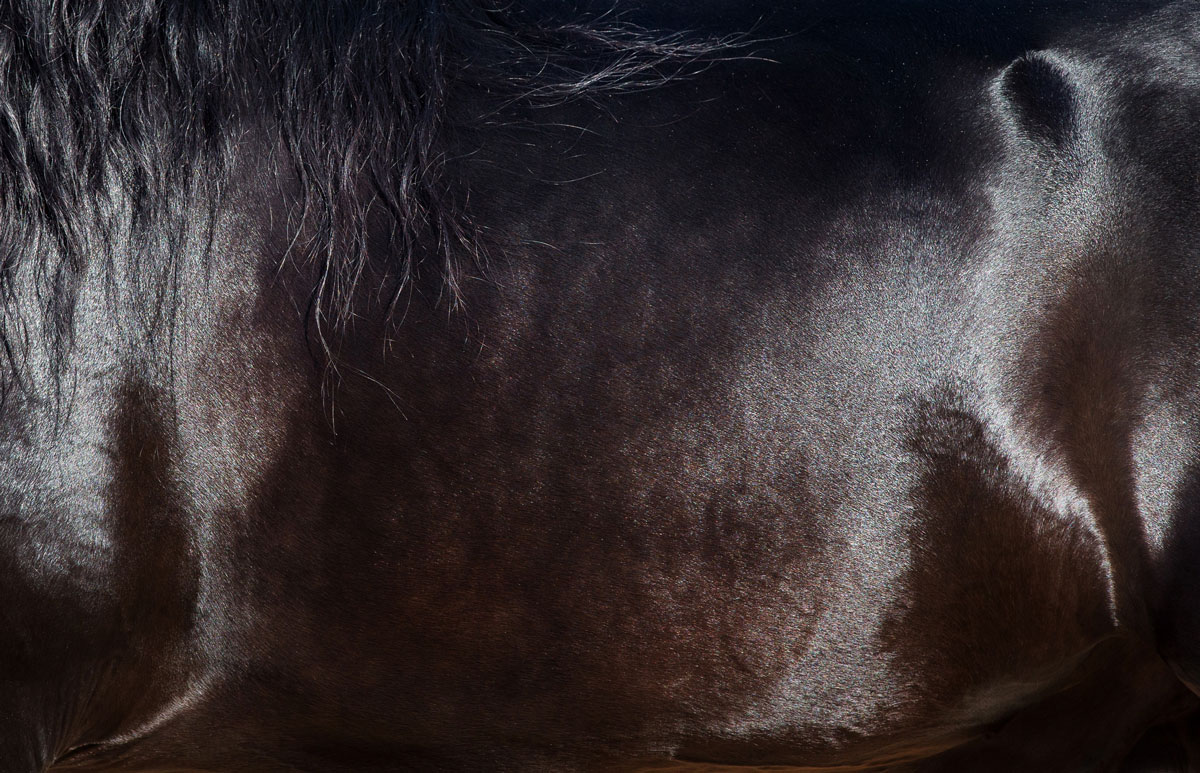
The most important minerals for horse nutrition include calcium, phosphorus, zinc and copper, all of which are important precursors for bone and cartilage development. The relative ratio of calcium and phosphorus is critical. Ideally, Ca:P should be 2.2: 1. Horses fed an abundance of concentrate often receive excess phosphorus and legume products increase calcium levels.
Copper is important for enzyme function for synthesis and maintenance of elastic tissue, bone and cartilage development and skeletal growth, mobilization of stores of iron, as well as its importance for sufficient intake by pregnant mares for foals in utero and for growing horses.
Zinc has a role in the synthesis of enzymes that are important to protein and carbohydrate metabolism, and it contributes to the integrity of epithelium and keratin production.
Manganese is involved in synthesis of chondroitin sulfate metabolism in growing cartilage and bone. It is important to energy transformation of fat and carbohydrate metabolism, for fatty acid synthesis and amino acid metabolism.
Selenium is a powerful antioxidant Involved in conversion of fats, carbohydrates and proteins to energy. It is also critical for muscle metabolism and immune competency. Toxic levels can be injurious to the liver, heart, skeletal muscle, bones, joints and hooves. Deficiencies of selenium are linked to muscle inflammation and tying up, poor hair coat, reproductive failure and delayed growth, to name a few. Selenium is usually provided in conjunction with vitamin E. Supplementation of selenium should only be provided when there is proven cause due to deficiencies in forage. Blood testing can determine the need.


